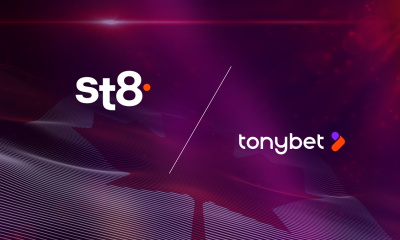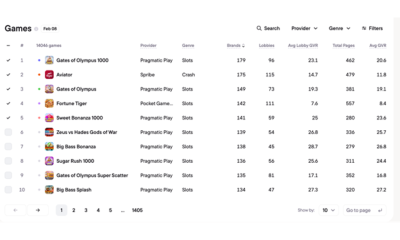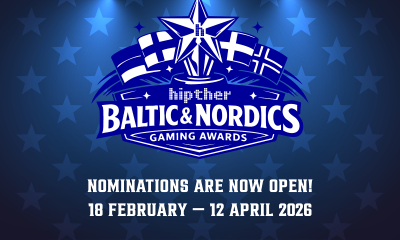Compliance Updates
EGBA’s Views on New Spanish Gambling Regulations
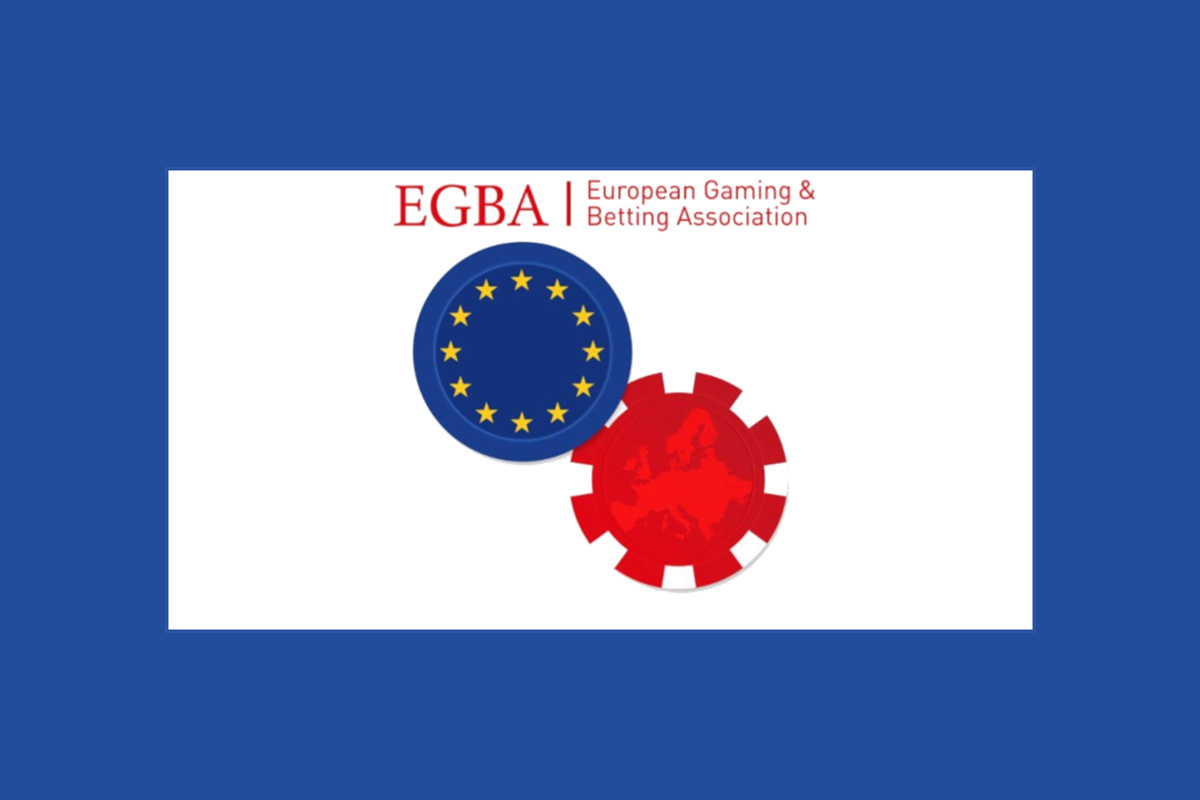
The new governing parties in Spain have indicated that they intend to introduce new regulations for gambling, including additional consumer protection measures, stricter restrictions for gambling advertising and a review of taxation for online gambling.
While it is too early to predict the specific measures that will be introduced, general policy commitments were outlined in a 50-page accord published on December 30 by the PSOE (Socialist) and Podemos (Left) parties who form the country’s new coalition government.
EGBA welcomes policy measures which genuinely strengthen consumer protection in Spain’s online gambling market but reiterates that such measures should be balanced, proportionate and designed in such a way that they support rather than undermine the regulated market.
“In the past, we have seen, in various jurisdictions, the introduction of well-meaning consumer protection measures which had an actual counterproductive effect because they pushed online players towards unregulated, off-shore websites which exposes them to dangerous practices and a lack of legal recourse when their consumer rights and protections are being trampled on,” EGBA said.
“The Spanish government should pay attention to this risk and ensure that new measures, which might be considered, are mindful of the need to ensure a high participation rate of players in the Spanish regulated market, rather than the offshore market. As far as we are aware, there is no research or studies that conclude that the volume of advertising for gambling impacts the risk of problem gambling. However, at the same time, EGBA obviously recognizes the need to ensure that advertising is responsible and helps protect vulnerable consumers and minors,” EGBA added.
“Gambling advertising does play an important role in informing consumers of which websites are regulated and licensed in Spain, and where they can play in a safe and regulated environment that takes into account their need to be protected. In most EU countries, advertising is also required to provide information about the risks of gambling and where and how consumers can obtain help if they need it,” EGBA added
“While we recognize that advertising can be seen to be excessive by regulators or public opinion, a certain level of advertising is required to ensure that consumers remain within the regulated online environment,” Maarten Haijer, Secretary-General of EGBA said.
ANJ
French National Gaming Authority Issues Strict Warning Against Prediction Markets

The French National Gaming Authority (ANJ) has issued a strict warning against prediction markets. Regulators firmly classify these digital platforms as illegal gambling operations.
The success of prediction market platforms is growing, particularly since the 2024 US presidential election. By offering users the opportunity to bet on predictions of political, sporting or geopolitical events, these sites handle billions of dollars. In France, these sites are not authorized and are considered illegal gambling sites.
This is why the main operators, at the request of the French National Gaming Authority (ANJ), have implemented geoblocking, thus preventing any gambling from France (except via VPN).
Because these prediction sites exhibit several addictive characteristics similar to those observed in online gambling, but amplified by the absence of the protection mechanisms that exist in the legal gambling market, the ANJ urges users to exercise caution.
Prediction markets exhibit several addictive characteristics, amplified by the fact that no protection is offered, unlike legal gambling sites: platforms are open 24/7, there are no built-in betting limits beyond the amounts wagered, no time limits, no identity checks to verify age, etc. The combination of visibility, accessibility and virality inherent to this type of platform generates a significant addictive loop.
Beyond the risks of addiction, other risks related to market or public opinion manipulation can incite harmful acts. Indeed, as soon as an actor can bet on an event and influence its probability, the market creates a financial incentive to provoke or accelerate negative outcomes such as performance sabotage in sports or violent actions in geopolitics.
In France , the ANJ (National Gaming Authority) determined as early as November 2024 that the services offered by Polymarket were likely to be considered unauthorised gambling. It therefore contacted the Panamanian-based operator, which implemented a geoblocking system preventing any gambling from taking place in France. Kalshi has also implemented a similar system.
Germany, Belgium, Romania, Switzerland, the Netherlands, Poland, Greece, Cyprus, Ukraine and Portugal have blocked access to Polymarket, believing that the platform offers gambling services without having the required license.
In the US, Polymarket was authorised by the CFTC (Commodity Futures Trading Commission) to offer betting to US residents in November 2025. The offering had been limited previously since 2022. The Nevada Gaming Control Board has just sued Polymarket, arguing that its prediction markets constitute illegal gambling and should be subject to blocking measures.
In Australia, the local regulator blacklisted Polymarket on August 14, 2025.
In Colombia, in September 2025, the regulator asked internet service providers to block Polymarket.
The post French National Gaming Authority Issues Strict Warning Against Prediction Markets appeared first on Eastern European Gaming | Global iGaming & Tech Intelligence Hub.
Bagley-Keene Act
California Gambling Control Commission Issues Critical Guidance on Stakeholder Communications and Ex Parte Rules
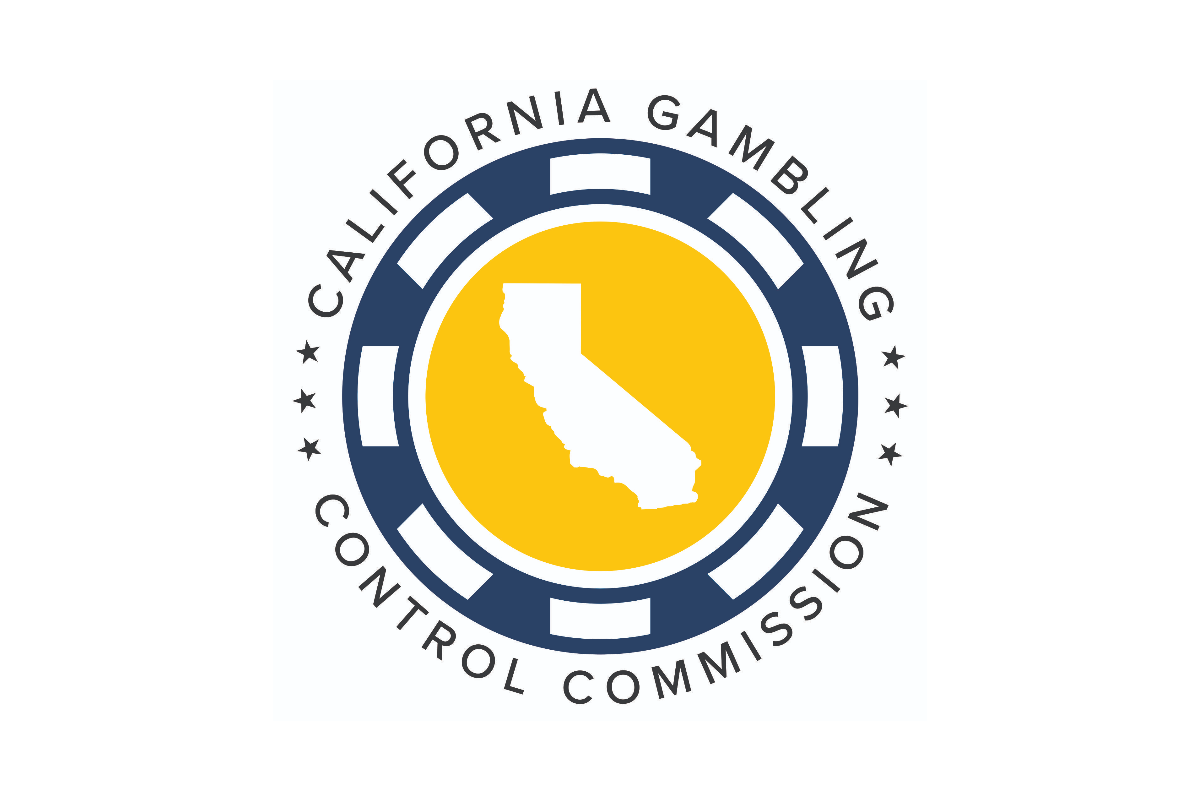
The California Gambling Control Commission (CGCC) has released a comprehensive new guide for stakeholders, outlining essential best practices for contacting the Commission and strictly warning against the legal pitfalls of “ex parte” communications.
As part of its ongoing commitment to transparency and its 2026 Strategic Plan, the Commission aims to streamline interactions while ensuring that all regulatory decisions are made on a complete, fair, and public record.
Navigating the Commission: Who to Contact
To ensure inquiries are handled efficiently, the Commission has identified key points of contact for various industry matters:
-
Licensing & Approvals: For general licensing matters, stakeholders should contact Brian Gilleland, Deputy Director of the Licensing Division, at
[email protected]. -
Regulations & Legislation: Inquiries regarding laws or pending regulations should be directed to Nicole Learned, Deputy Director of Legislative and Regulatory Affairs, at
[email protected]. -
Evidentiary Hearings: For GCA hearing matters, contact the Presiding Officer noted in your hearing notice, or Administrative Hearings Coordinator Pam Mathauser at
[email protected]. -
Executive Leadership: All other high-level matters should be sent to Executive Director Lisa Wardall at
[email protected].
The Danger of “Ex Parte” Communications
A central focus of the new guidance is the strict prohibition of ex parte communications—any communication regarding the merits of a pending application or request made without proper notice to all involved parties.
To comply with state rules, stakeholders must include Commission staff, Bureau staff, and the Applicant (or their designated agent) on all correspondence.
Crucial Warning: Stakeholders are strictly forbidden from sending communications of any kind directly to Commissioners regarding applications or pending decisions.
Why Compliance is Mandatory
The Commission warns that ex parte violations are not merely procedural errors; they pose a direct threat to the integrity of the gambling industry’s governance. Decisions made on incomplete or “private” information can lead to:
-
Application Denial: The Commissioners have the authority to deny an application or approval solely based on a prohibited communication.
-
Legal Reversals: Violations may breach the Bagley-Keene Open Meeting Act, potentially allowing opposing parties to overturn a decision that was previously taken in your favor.
-
Governance Risk: Transparency ensures that all parties—including the Bureau of Gambling Control—have access to the same record of information before a vote is cast.
“Transparency is a core tenet of good governance,” the Commission stated in the guidance. “Ex parte rules guarantee that all matters taken up by the Commission are conducted in a fair and transparent manner.”
The post California Gambling Control Commission Issues Critical Guidance on Stakeholder Communications and Ex Parte Rules appeared first on Americas iGaming & Sports Betting News.
Compliance Updates
BGC Response to Government Plans to Stop Premier League Clubs Accepting Sponsorship from Gambling Operators Not Holding a UK Licence

The Betting and Gaming Council (BGC) strongly supports government plans to ban Premier League clubs from accepting sponsorships from gambling operators lacking a UK licence.
A Betting and Gaming Council Spokesperson said: “The Betting and Gaming Council welcomes the Government’s plan to act to stop Premier League clubs accepting sponsorship from gambling operators that do not hold a UK licence.
“Culture Secretary Lisa Nandy is right that gambling companies without a UK licence should be banned from sponsoring Premier League clubs and should go further to prevent these harmful illegal companies from sponsoring any sport in the UK.
“At a time when the regulated sector is facing significantly higher taxation and ever tighter regulation while reducing advertising spend, it is more important than ever that firm action is taken against the growing harmful black market.
“Licensed members of the Betting and Gaming Council are regulated in Britain and follow strict rules on consumer protection, safer gambling and robust financial safeguards. Whereas, the illegal, harmful black market operators do not. They undermine player protections, avoid taxes, ignore safer gambling standards and put consumers at serious risk.
“We support action that protects fans, upholds standards and keeps customers safe within the regulated market.”
The post BGC Response to Government Plans to Stop Premier League Clubs Accepting Sponsorship from Gambling Operators Not Holding a UK Licence appeared first on Eastern European Gaming | Global iGaming & Tech Intelligence Hub.
-

 Latest News6 days ago
Latest News6 days agoGGBET UA hosts Media Game – an open FC Dynamo Kyiv training session with journalists from sports publications
-

 Asia6 days ago
Asia6 days agoBooks on Wheels: DigiPlus Foundation Brings Mobile Library to Boost Literacy Among Aurora’s Young Learners
-

 BETANO7 days ago
BETANO7 days agoCT Interactive Partners with Betano.cz for Live Rollout
-

 Canada6 days ago
Canada6 days agoSt8 launches in Ontario through partnership with Tonybet
-

 Latest News6 days ago
Latest News6 days agoSlots dominate Brazil’s casino catalog, but crash games capture outsized player demand,Blask data reveals
-

 Baltic & Nordics Gaming Awards 20266 days ago
Baltic & Nordics Gaming Awards 20266 days agoNominations Now Open for the HIPTHER Baltic & Nordics Gaming Awards 2026
-

 Ca$hline6 days ago
Ca$hline6 days agoCaesars Entertainment Launches First Proprietary Online Slot, Ca$hline
-

 Latest News6 days ago
Latest News6 days agoRocketPlay won European Marketing Campaign of the Year – B2C at the 2026 EGR Europe Awards










